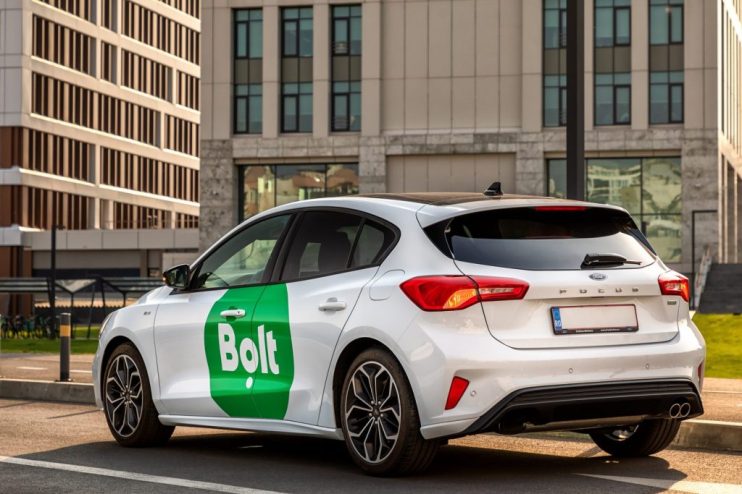Exclusive: Bolt puts brakes on letting drivers set prices following High Court blocker

When Bolt announced that it would allow drivers to set their own prices in November last year, Sam Raciti, manager of Western Europe said the move was a testament to how it had “built our business around giving drivers total flexibility.”
Even when the firm announced its £524m funding round earlier this week, chief exec Markus Villig asserted that this announcement was proof that Bolt cared about driver autonomy by testing the pricing model in three different cities in the Midlands.
“The biggest reason Bolt has had so much success over the years is because we are the most partner-friendly platform there is”, Villig told Sky News on Tuesday morning.
He added that the first results of the roll out “seem to be great” and the arrangement was likely to be remodelled in other European cities.
One caveat to all of this: Bolt hasn’t rolled out the initiative in any more cities, according to driver forums, and it has been paused until further notice.
A Bolt spokesperson confirmed the news yesterday and told City A.M.: “Following the recent High Court ruling, every operator, including Bolt, has been asked to consider their future operating model carefully by TfL.”
“We are currently reviewing the details of the ruling to see what changes we may need to make, and have therefore paused our upcoming product changes as a result. We understand TfL is in the process of setting a timeline for all operators to comply with to ensure a fair transition.”
In essence, the December ruling interrupted Bolt’s plans to give cabbies greater freedom across the country after Christmas, and raises question marks as to how the ride-hailing giant can incentivise partners to keep driving amid labour shortages.
On top of this, the judgement puts a brighter headlight on the fact that Bolt continues to label its drivers as independent contractors as opposed to workers, thereby limiting the number of rights its drivers are entitled to.
When asked about his driver’s current legal status, top dog Villig told Sky News: “Most of them [drivers] want the flexibility and they want to stay independent.”
“We don’t think forcing all of them into one model makes sense – we think there needs to be some sort of hybrid solution can also retain doing that.”
Bolt continues to assert that it has the most partner flexibility, and has raised its prices in line with other ride-hailing platforms.